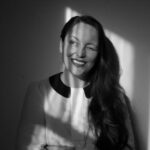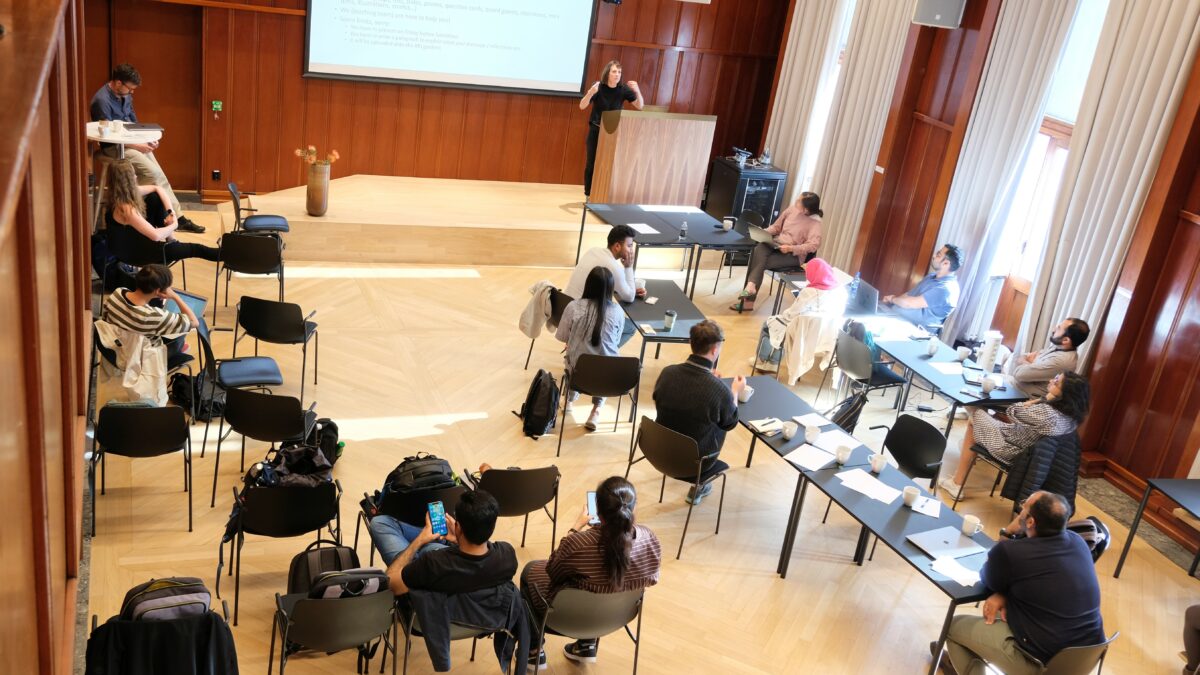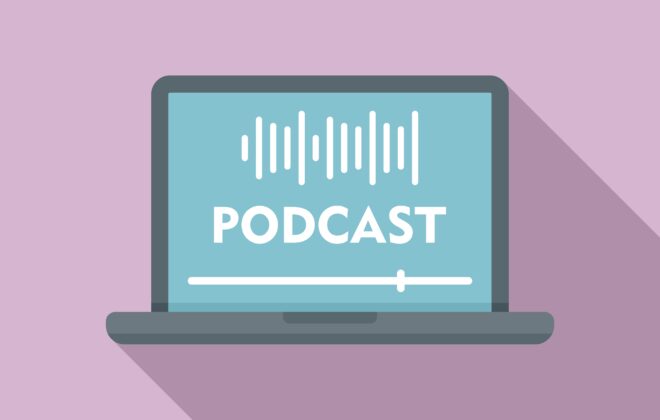Three stages of AFINO summer school: From excitement, to frustration, to questioning yourself
AFINO summer school is the place where one is pushed to reflect – something we might not have the luxury to do in our daily work life. This blog post is my own reflection, to put the outcome of the three days with the AFINO team and other participants into the labeled drawers of this large chest drawer called “doing research.”
Preparation and excitement
The school participants knew the school topic in advance – ‘doing critical research within institutions’.
And I cannot give a better summary of the content than Anne did in her invitation email. Anne Blanchard is the leader of AFINO Research School. Here is what Anne wrote in the mail:
‘There will be space to voice concerns and frustrations and we will try to think in creative ways about how to address the important challenges of navigating the gap between one’s own intentions for their own research project, and the expected outcomes.’
Anne sent a few more email updates about the school, which made me take the preparation for the school seriously. I started by going through my own research notes, just trying to figure out how I could contribute and be a useful part of the school. What I came across is a text from my current fieldwork. So, I opened a file called “AFINO summer school notes” a week before the school and put that text excerpt as my first note. I would guess this text would make you, as the reader, uncomfortable. But that is part of learning, as I learned from Jean-Paul Vanderlinden – one of the lecturers at the summer school.
So, you are warned, the following text is someone’s experience and it might make you feel uncomfortable.
An anonymous entry (I have received approval to share this):
“I spent part of the day being irritated that I will have a meeting with my supervisor. And then I spent the other part being irritated about that meeting and what was said in it. It feels to me that my supervisor is more interested in their research and they behave in a way as if I should research what they find interesting. I think that research should be useful for society. I am getting very annoyed that research questions are shaped by personal interests that have no apparent connection to the literature or issues in the real world. I cannot think of continuing with this supervisor and feel there is no good way of explaining myself to them and making this work. It feels that whenever I try to explain my research choices, they ignore it and continue chasing these personal interests instead, pressing me to focus on it as well.
At some point in the meeting I felt that other people were used to putting pressure on me. It was done in a concealed way and I am not sure if those people were even aware of it.
The above made my day very difficult. I declined an invitation to meet colleagues after work as I feel that my mood would be very obvious, I cannot find a way to just switch off and go home. I am not sure how to just forget it and move on with this day. It is 20:00 and I am still sitting in the office.
It makes me feel vulnerable and not in control of my own scientific integrity that I felt in control of in my previous academic position. I also feel that I do not want to discuss it with my colleagues as I feel it can negatively affect their motivation and emotional wellbeing.”
The emphasis was made by me. Why did I put it as the first entry in my summer school notes?
I was not sure, but this experience felt quite connected to the school topic. And this excerpt of someone’s intentions (to produce research that feels useful) and outcomes (institutional setting where one depends on their supervisor) made me think beyond my own comfort zone. I felt uncomfortable reading it and I will not interpret it, hoping that every reader here will do it their own way. I say one thing, though, we can only guess what the research intentions of the two people are and also it could be that, as an outcome of the situation, both suffer for their own reasons.
What came next was a few bullet points of pre-school thoughts and preparations: a book I just found on a sharing shelf at the UiB Centre for Early Sapiens Behaviour (SapienCE): “Science on the verge”[1] (‘at least one author was part of the previous summer school, so I must dig in,’ I thought to myself); some lose info about my own affiliation with the SEAS programme and the blog that we have as part of that programme. Thinking of our recent chats with my teammates about the blog, I start feeling that this blog is the space for us, the fellows, to discuss things that might be not so comfortable, including the discrepancies between intentions and outcomes. The notes about the blog felt relevant as I saw the intentions, maybe not so much the outcomes; and this is what I wrote in my notes:
“Blog post about sharing research proposals to increase academic collegiality and build community of support.
My idea was to write something with a title “Share your proposal to support academic collegiality”. And some points I would like to discuss in it would be:
- Build a community through sharing.
- Increase academic integrity.
- How sharing disrupts cliques and opens space for collegial support.
P.s.: I was discouraged by someone to share my proposal without any particular reason, just because it is not a common thing to do.”
Frustration
Fast forward and here I sit in the summer school, where I still clutch my pre-summer school notes, but I feel that things move on fast and in many directions, and the teachers present thoughts that grow into things I did not even think about before. So, I continue writing in the same file of notes, but already different notes. Here is one: ‘(…) Group exercise, we need to discuss intentions and outcomes in groups of two. (…) My group partner questions who manages this gap between personal expectation and the institutional expectations. He feels that the supervisor does not fill that gap or a void he feels. (…) We have no answer and move to a larger group as instructed. Now, a group of four, rehashing the one on one discussions.’
And some things we shared, felt to me, like some grandiose expectations (“restore justice”!), which, at the same time, are very much needed: to produce results that matter in the real world. Put differently, not to produce something that the funder or the supervisor wants, but a real, meaningful work. This was said by multiple people, in different words. And the outcomes that many felt not in control of were tied to the limits of time and space, in which our research projects exist.
Questioning yourself
Rethinking this school experience, sitting back in Bergen, I feel that some intentions were actually tied to our egos. Our works and hopes to contribute to the society were somehow very much rooted in what we want for that society, but not necessarily what that society wants from us. ‘I want it for “them”, “those” who I research’ or ‘“those” who should benefit’ struck me as “those” who we somehow treated unfairly, made silent or failed to listen to when thinking of our own intentions…
And also there were others, among us, who had humility and privilege in giving the researched the power to shape the research questions that were asked! Why do I say privilege? Because I think that varying levels of reflection about intentions, from ego to the full involvement of the researched, is not something that divides “good” and “bad” scientists. It’s just some had the luck and privilege to have an academic journey that let them pass the ego and find what lies next. In particular, it is, perhaps, true to those of us who work with people, which allows to develop and nurture a mutual shaping of the research process. And, yes, it is easy for me to say as I work with people. Yet, for those who work with models or cells, it is a different challenge. Even when the public is the one to benefit from modeling work or from things that happen in a petri dish, how can a PhD student get public approval or public involvement, if the funding body or the supervisor/PI does not take the lead?
Join the next AFINO school and find your own answer.
[1] http://www.andreasaltelli.eu/science-on-the-verge
Featured image is taken at the AFINO and DLN Summer School in Oslo, September 2022. Leader of AFINO Research School, Anne Blanchard, is giving a lecture. Photo: Eva H. Murvold.

Aistė Klimašauskaitė
I am a SEAS programme postdoctoral fellow. Our SEAS team is a group of postdocs from seven faculties at the University of Bergen. We are privileged to work together, across disciplinary boundaries with a focus on marine sustainability.
Related Posts
1 Comment
Comments are closed.





Hats off to what Afino summer school is doing. There’s nothing wrong questioning yourself, as humans should always try to find answers to questions. Some friends already asked me about Afino as they know how much I’ve been raving about it, so I wouldn’t be surprised to see them at the next one.